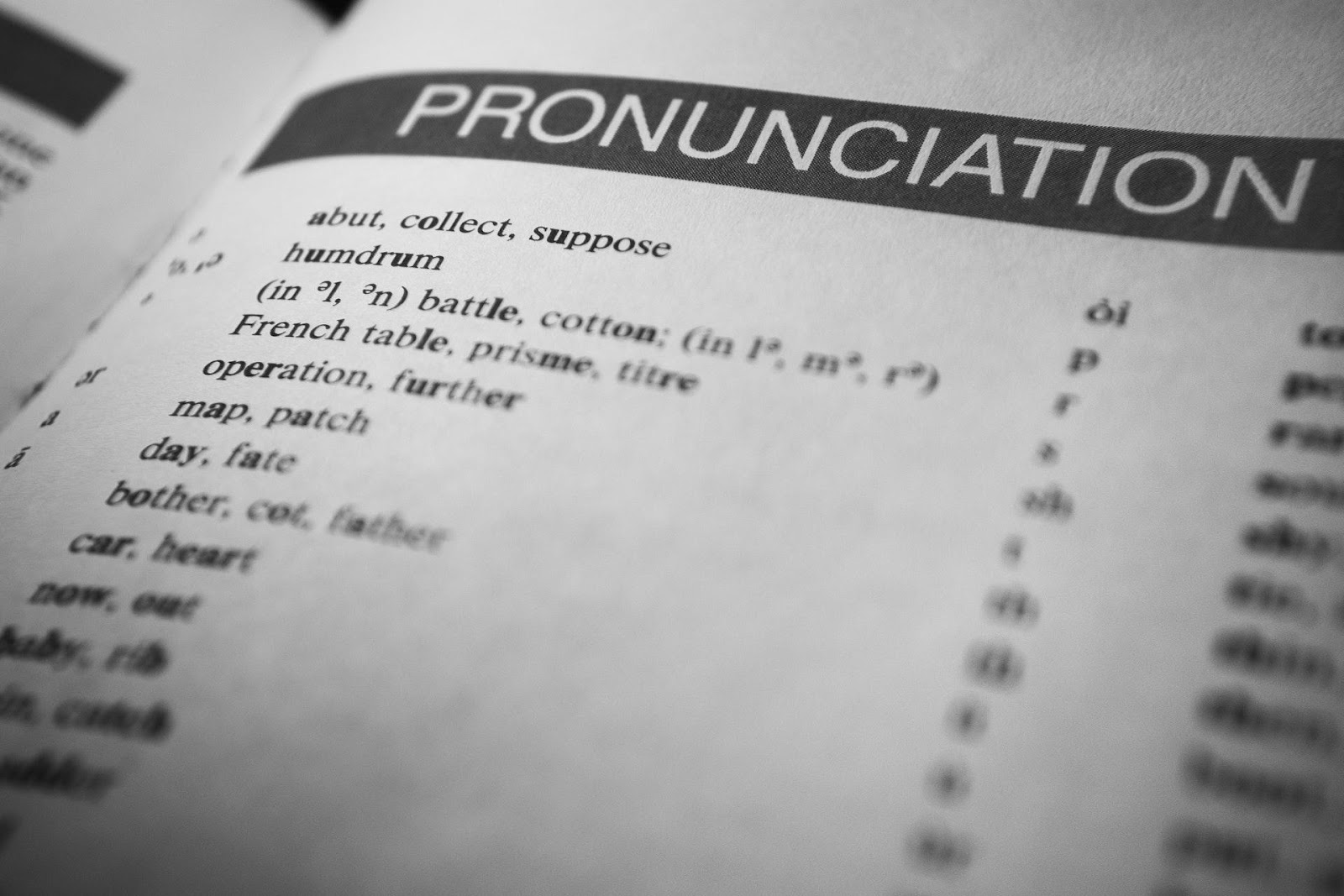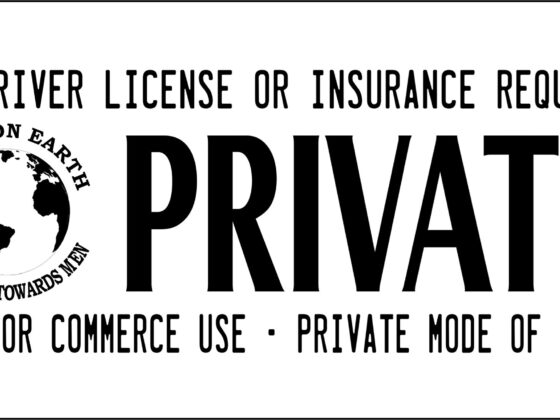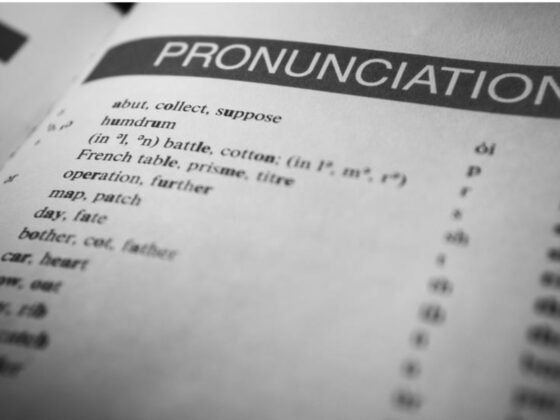If you’re bilingual, hit yourself on the head and cry out in a language you’re less proficient in. It shouldn’t be as painful. I know what you’re thinking. Say that again?

Photo Credit: Pexels
Our various languages can enrich our lives and experiences – they can affect how we perceive and feel pain, too. Researchers at the University of Miami were particularly interested in this topic and came to interesting findings, to say the least.
If Bilingual, Express Pain in Language You Know Less
Let’s say you’re bilingual, native in English and your second language is German. If you scratch your knee and swear in German, you will feel less pain. What language sorcery is this?
Coming back to the University of Miami research, it was performed on 40 men and 40 women, 29 years old on average, and declared themselves as bilingual (in English and Spanish) and “bicultural.” They had sessions in both English and Spanish separately, and during the sessions, they received painful heat treatment on their forearm. Their condition was monitored, and they were also asked to rate their pain in both sessions.
As a result, the participants felt stronger pain when they used the language they identified with more. Also, the ones who were bilingual and culturally identified equally with both their American and Hispanic side didn’t see much difference in pain when using both languages.
So, what language does pain speak? Your native tongue, as it seems. Language can affect our perception and experiences, and it can reshape our life. If this isn’t a rad fact, we don’t know what is.

WTR?
That’s a tough one to explain, that’s for certain, but it does have a lot to do with perception. And to be honest Radasser’s if that’s how it works then I’ll be swearing in Gaelic in a bit just to see if it works.








